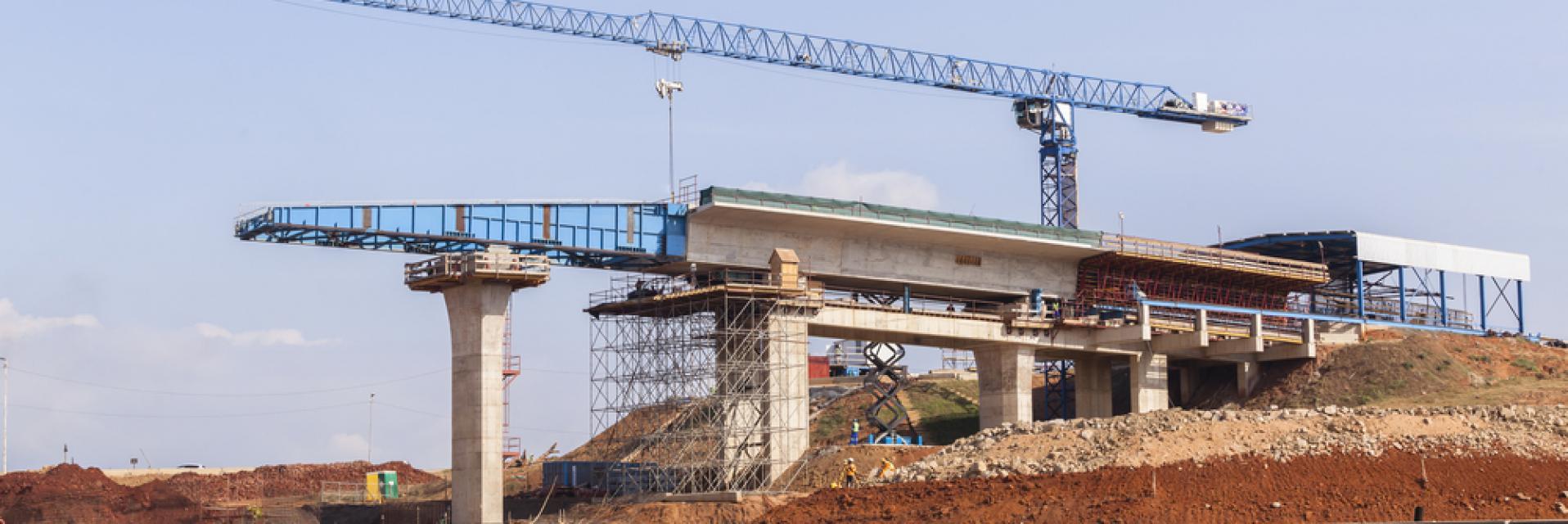Cairo, 28 November 2019 (ECA) - The continent has many partners working with governments on many infrastructure projects, however, the UN Economic Commission for Africa and the African Union Commission argue that the continent should have a common position if it ought to benefit from these partnerships.
African countries are among the least competitive in the world, and infrastructure appears to be one of the most important factors holding them back.
During the PIDA week in Cairo, a meeting held on 25 – 29 November, participants discussed the need to have a Common African Strategy for infrastructure partnerships with non-African Countries and urged ECA and AUC to step up ongoing efforts to develop strategy.
Mr Atef Marzouk, head of energy Division at the African Union Commission recalled the existing external partnerships citing a few such as with European Union, Forum on China-Africa Cooperation (FOCAC), G8, and G20.
“Most of the non-African partners have principles and strategies that shape their engagement with Africa on its regional infrastructure development” explained Robert Lisinge, Chief of Energy, Infrastructure and Services Section at the ECA. He was explaining why Africa needs a strategy for partnerships with non-African countries and organisations. Lisinge regretted that Africa currently does not have a common strategy to engage with external partners.
“As Africans, we need to reflect on WIN-Win partnerships,” said Lisinge. He added that some of the non-African partners have defined the meaning of their ‘win’. African countries must identify a common strategy towards “their win” as well”, he clarified.
Lisinge clarified that the strategy for Infrastructure partnerships will provide a sense of direction and help avoid distractions from Africa’s priorities, especially in this season where the current competition among Africa’s partners for a share of the continent’s infrastructure space is gearing up.
The strategy should indicate how the partnerships will contribute to national development and job creation and facilitate technology transfer as well as the skills transfer among other benefits.
Ms Towela Nyirenda-Jere, an official at the African Union Development Agency (AUDA-NEPAD) said that over the years, Africa has formulated common positions in many other sectors such as peace and security. “The lesson from the experience we had in the past will inform the common position on partnerships”, she said adding that the current way that Africa negotiates and engages in the partnerships with external organizations and countries is very fragmented.
Earlier this week, Amani Abou Zeid, Commissioner for Infrastructure and Energy at (AUC) said that the development and provision of efficient infrastructure services will provide a crucial platform for Africa to enhance economic productivity, facilitate trade, and accelerate industrialization and markets development at the national, regional, continental and global levels.

